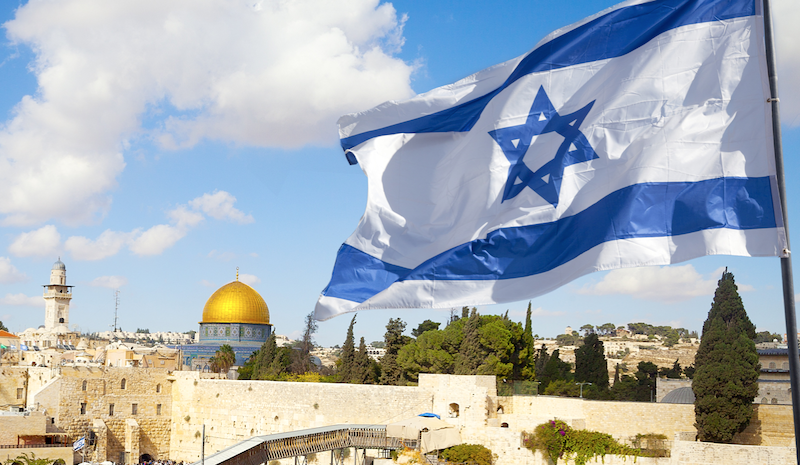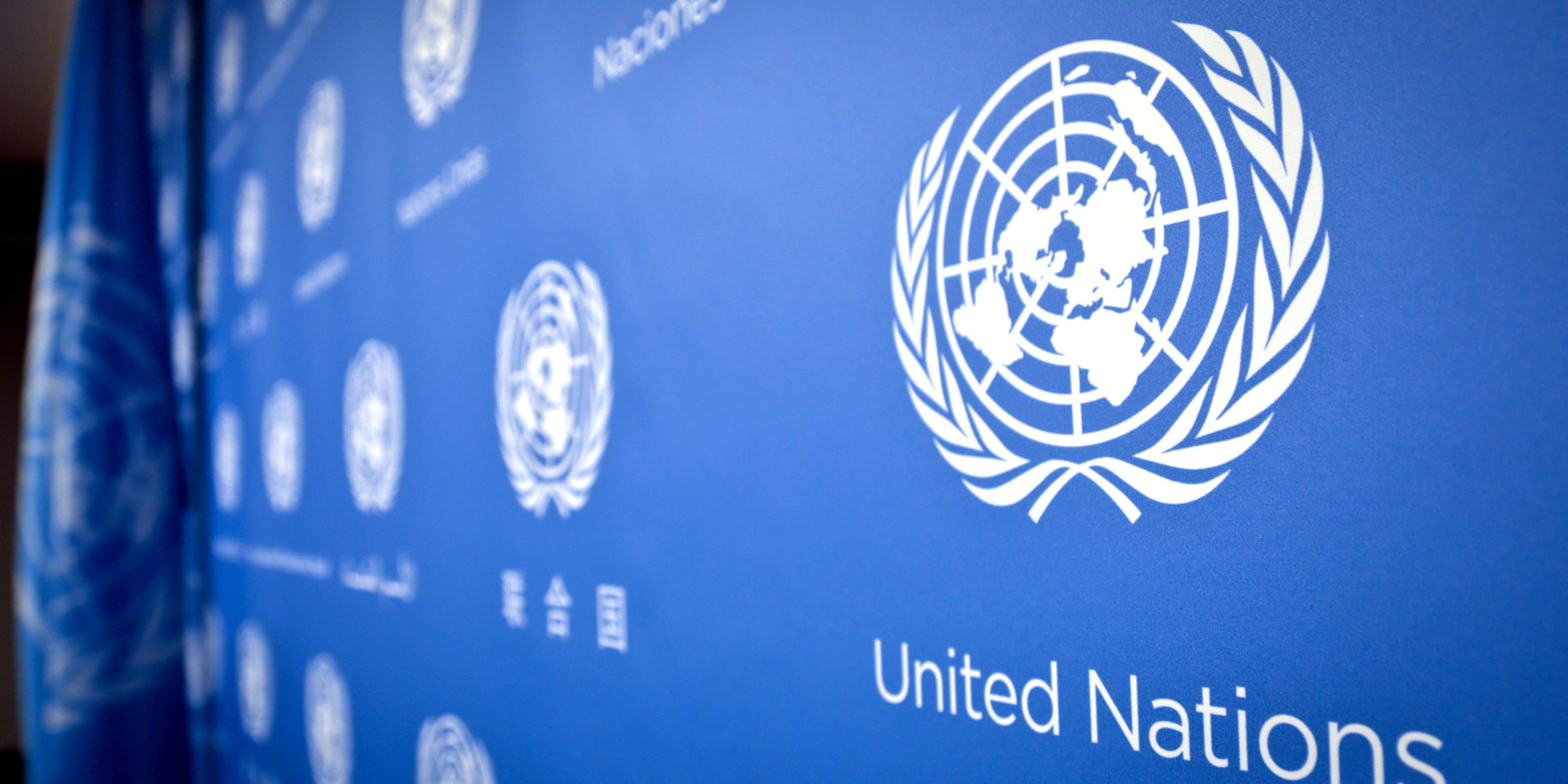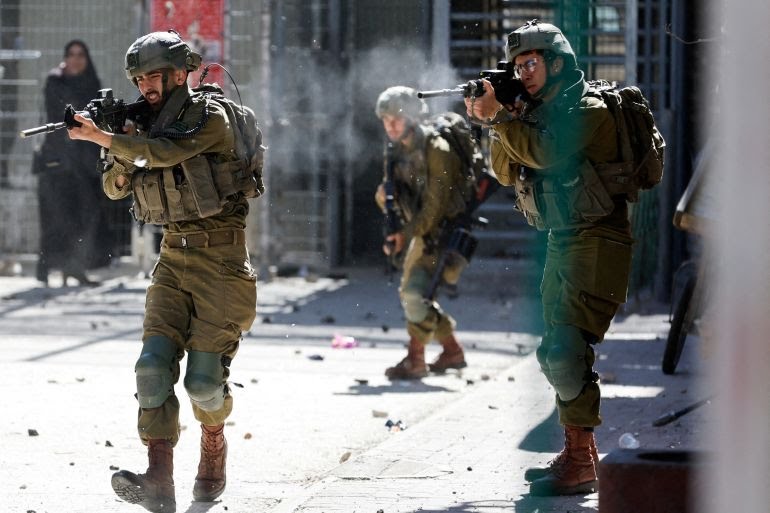Perhaps three will be the lucky number. After at least two previous failed attempts, a peace deal between Israel and Hamas might be reached by January 20 or in the early days of Donald Trump’s second term. Or…
It’s a matter of perhaps, with a big P. Optimism is a rare commodity in a region with the longest-running conflict and the largest river of bad blood. Yet, after over 450 days of war with its predations, traumas and devastations, a bit of optimism is not a bad thing.
In that spirit, I accepted the Israeli Ministry of Foreign Affairs invitation for a five-day official visit between December 15 and 19.
To visit or not?
One week before my trip, Bashar al-Assad fell and fled to Russia. The inheritor of a legacy of hostility toward Israel, his father, Hafez, once demanded the cession of the Golan Heights as a precondition for peace between Israel and Syria. Bashar’s fall ended over 50 years of the Assad dynasty, leaving in its place an uncertain and dangerous void.
With a ceasefire holding by a thread, this was an inauspicious time to visit anywhere in the area, let alone the country at the heart of the renewed conflict.
Yet, after passing up the invitation in January 2023, I decided to go on my first trip to Israel. As our plane, Flight ET 404, descended from Addis Ababa, flying low over the Mediterranean, which bounds Ben Gurion Airport, Tel Aviv, at past seven in the morning, I couldn’t help imagining the worst.
With Hamas launching over 19,000 rockets – mainly unguarded missiles – against Israel since October 7, not a few of them targeting Tel Aviv, Israeli airspace has become something of an aviator’s nightmare. As Flight ET 404, carrying seven African journalists from Nigeria, Rwanda, Ethiopia, Zambia, Kenya, South Africa, and Ghana, among other passengers, approached Ben Gurion one hour behind schedule, I thought, what if a stray rocket hit us?
Never say never
It may sound like the product of an overwrought mind contaminated by familiarity with bad news. But after Hamas killed more than 1,139 people, including women and children, on October 7 and took 364 hostages, many of the victims at a peace party in Nova, southern Israel, overthinking the worst appears to be the standard way of life.
The pictures of the victims at the Nova party with their stories written on small boards and hoisted on wooden poles above beds of candles and flowers at the memorial site are also engraved in the hearts of families up and down the country, still struggling to come to terms with what happened on that day.
At the Bring Them Back Home Now office, an NGO in Tel Aviv, 82-year-old Itzik Horn, a survivor of two terrorist attacks in his original home in Argentina, shared the story of how his two sons, Yair, 46 and Eitan, 38, were kidnapped from the Nir Oz Kibbutz not far from Nova, the epicentre of Hamas crime scene on October 7. Eitan had gone to visit his brother Yair for the weekend when Hamas struck.
A father can’t forget
After the attack, Horn did not hear from his children again for weeks until a Hamas video surfaced showing they had been taken hostage.
“I’ve not heard any news about them again since November (2023),” Horn said, hunched over a chair on the verge of a forlorn hope from retelling this story a million times. “A father can’t just forget his children or give up on them, can he? I want to know what is happening to them. Are they gagged, dead or alive? I want to know. I want them back home, now.”
I still have, as a keepsake, the felt pen of one of Ela Ben-Zvi’s three children, scattered among the shards of glass and other household items, strewn on the floor of her vandalised, bullet-ridden home in Kibbutz Be’eri, one of the oldest kibbutz in Israel impacted by the attack.
Seven hours in the bunker
Ela, her husband, Eyal, three children, and a dog had lived in Be’eri, separated by a wire mesh, only five kilometres from Gaza. On the morning of October 7, when the bomb alarm went off at 6:20 a.m., she had nine seconds to get to the shelter with her children, aged 8, 5, and 3, and her dog. It was not an unfamiliar drill.
Except this one was longer and more harrowing for the retired soldier and her husband, let alone for the children and the dog, who were consigned for seven hours to a relentless siege in a bunker hardly suitable for more than two.
The IDF later rescued Ela and her family, but her dog died afterwards. Her neighbour, a 78-year-old woman living alone, was not so lucky. The Hamas attackers murdered her in her bed, one of the reported 102 people killed in Be’eri on that day.
Some sheikhs were here
Upcountry, in the Ramim Ridge of the Naftali Mountains in Upper Galilee, the story of Orna Weinberg from four generations in the Manara Kibbutz, a community described as Israel’s northern shield, exemplified the paradox of the strife between Israel and Lebanon, its northern neighbour.
“When this Kibbutz was founded 81 years ago (before the State of Israel), we didn’t have water,” Weinberg said as we stood overlooking a UN truck on the other side of the border. “We used to fetch water from Lebanon, bringing them up here on mules and barrows. When the first water pipes were installed, the sheikhs of these Lebanese villages came to celebrate with us!”
As we inspected the ruins from the multiple rocket and mortar attacks launched by Hezbollah, the silence only broken by Weinberg’s narration and the sounds of our shoes crunching the remnant of mangled metals, twisted glasses, and other household utensils littering the floor inside one of the bombed buildings in Kibbutz Manara, Weinberg’s story sounded like a tale from another world.
“Nowhere to go!”
What is left today of that once thriving community of 260 people where Rachel Rabin Yaakov, sister of former Israeli Prime Minister Yitzhak Rabin, also lived, is a shadow of itself. With at least five older adults dead after the forced evacuations that followed the Hezbollah attacks that affected 70 percent of the community, Manara is a ghost town sustained by the stubborn spirit of a few like Weinberg, who have stayed back to rebuild.
“We have nowhere to go. I have nowhere to go,” Weinberg said. “This is the only place I know. It’s the shield of the North, without which Israel will not exist. If Hezbollah prevails, if Iran prevails, not only Israel, but the whole world is in trouble!”
About land?
While pro-Palestinian sentiments frame the question as essentially one of decades of oppression and injustice arising from a land grab, several Israeli officials I met on this trip dismissed such sentiments, citing two instances. One, in 1979, Israel ceded the Sinai Peninsula, twice the size of Israel, to Egypt as a peace offering.
Two, in 1993, even after Yitzhak Rabin signed the Oslo Accords with Arafat under a deal supervised by US President Bill Clinton to prevent the creation of new settlements and pave the way for a two-state solution, top PLO officials, including Arafat, later described the Accord as a strategic manoeuvre before “the great Jihad.”
Israel, they insist, is a victim of duplicitous diplomacy, mainly by Arab countries, that condemn its acts of self-defence in the daytime and, at night, urge it not to spare Shiite extremism, promoted by Iran, the most significant source of regional instability.
Against the odds
It has a measure of Israel’s resilience that, despite the war and disagreements even within Israel about how best to handle the war and the return of the remaining 100 hostages, despite a Hamas information machinery that brooks neither dissent nor filters, Israel is still standing.
Yet, its long-term security is intrinsically linked to its neighbours, with whom they have been joined by history and geography and must find and negotiate a common ground, one that might reenact Weinberg’s legend of the sheikhs from Lebanon.
Ishiekwene is the Editor-In-Chief of LEADERSHIP and author of the book Writing for Media and Monetising It.






